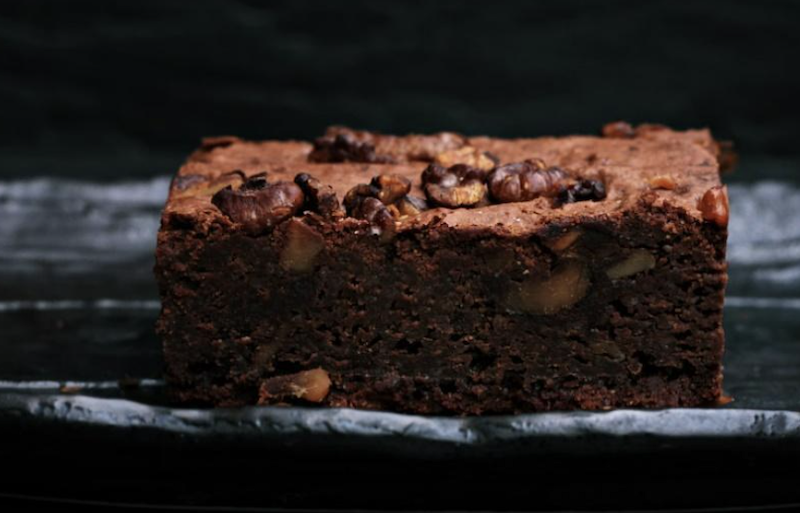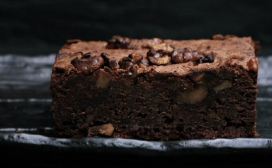Cannabis legality in the United States is as diverse as it is complex, particularly when it comes to the production and consumption of marijuana-infused edibles. As federal laws clash with state statutes, residents across the nation find themselves navigating a labyrinth of regulations that vary significantly from one jurisdiction to another. This article aims to shed light on the current state of affairs regarding the legalities of making marijuana-infused edibles at home, offering insights into federal versus state laws, state legalization statuses, and the nuanced regulations surrounding edibles.
Federal Versus State Cannabis Laws
At the heart of the confusion surrounding the legality of marijuana-infused edibles in the US is the discrepancy between federal and state laws. Federally, marijuana remains classified as a Schedule I substance under the Controlled Substances Act, rendering its production, distribution, and possession illegal across the nation. However, a growing number of states have chosen to diverge from federal policy, enacting their own laws that legalize cannabis for medicinal and/or recreational use. This divergence has led to a patchwork of regulations that can be bewildering for individuals looking to understand what is and isn’t permissible within their own state.
State Legalization of Cannabis
The state-by-state approach to cannabis legalization has resulted in a variety of legal landscapes across the country. Many states have fully legalized marijuana for both recreational and medical purposes. In these jurisdictions, adults are generally allowed to make and consume marijuana-infused edibles at home within the confines of state-specific regulations concerning possession limits and production practices.
Conversely, other states have opted for a more conservative approach, legalizing marijuana solely for medicinal purposes. In these states, patients who meet specific qualifying conditions and possess a medical marijuana card may legally possess and sometimes produce their own marijuana-infused edibles for personal use.
A handful of states occupy a middle ground, offering mixed legal statuses or legalizing CBD oil with THC under certain conditions. These nuanced positions often come with a unique set of regulations that can vary widely from one jurisdiction to another.
In many states, marijuana in any form remains entirely illegal, including the possession, production, and consumption of marijuana-infused edibles.
Understanding Edibles Regulations
In jurisdictions where cannabis is legal in some capacity, specific regulations often apply to edibles. These can encompass THC limits, where states may dictate the maximum amount of THC that edibles can contain, both per serving and per package. Additionally, packaging and labeling requirements are common, with many states mandating that edibles be sold in child-resistant containers and labeled with THC content along with health warnings.
It’s important to note that while personal use and possession might be permitted, commercial production of edibles is often restricted to licensed facilities. Home production for personal use, where allowed, is typically subject to state regulations that must be carefully adhered to.
Mailing Marijuana Products
Mailing marijuana products, including edibles and other THC-containing items, through the United States Postal Service (USPS) or private couriers like FedEx, UPS, and DHL is illegal under federal law. This prohibition applies regardless of the cannabis legality status in the sending or receiving state. The USPS operates under federal laws that classify marijuana as an illegal substance, making it unmailable. This classification includes not only marijuana itself but also edibles, concentrates, cartridges, and any product containing THC levels above 0.3%. Associated products not containing THC, like gummy edible kits and bongs, are fine and do not have to worry about scrutiny from the authorities.
Shipping cannabis products through private couriers is not a legal alternative to USPS. Companies like FedEx, UPS, and DHL have policies that explicitly prohibit the shipment of marijuana and related products. These carriers reserve the right to inspect packages and enforce federal laws, making the mailing of cannabis products through these services illegal and subject to penalties.
The Gray Area of Hemp-Derived Edibles
The legalization of hemp-derived products containing less than 0.3% THC on a dry-weight basis under the 2018 Farm Bill introduced a new dimension to the cannabis edibles market. These hemp-derived edibles are legal in most states, providing a federally legal alternative to marijuana-derived products. However, the state-by-state legal status of these products can be as complex and variable as that of marijuana, underscoring the importance of staying informed about local laws and regulations.
Conclusion
While the federal government maintains its classification of marijuana as a Schedule I substance, making its production, distribution, and possession illegal nationwide, an increasing number of states have taken their own paths, legalizing cannabis for medical or recreational use, or both. This divergence has led to a complex array of regulations governing the production, consumption, and even mailing of cannabis products, including edibles.
For individuals residing in states where cannabis is legalized in some form, the opportunity to produce and consume marijuana-infused edibles comes with the responsibility to navigate and adhere to specific state regulations. These may include THC content limits, packaging and labeling requirements, and restrictions on the commercial production of edibles.
As the cannabis landscape continues to evolve, individuals interested in the production and consumption of marijuana-infused edibles must remain vigilant, informed, and compliant with the intricate web of laws that govern these activities.


















